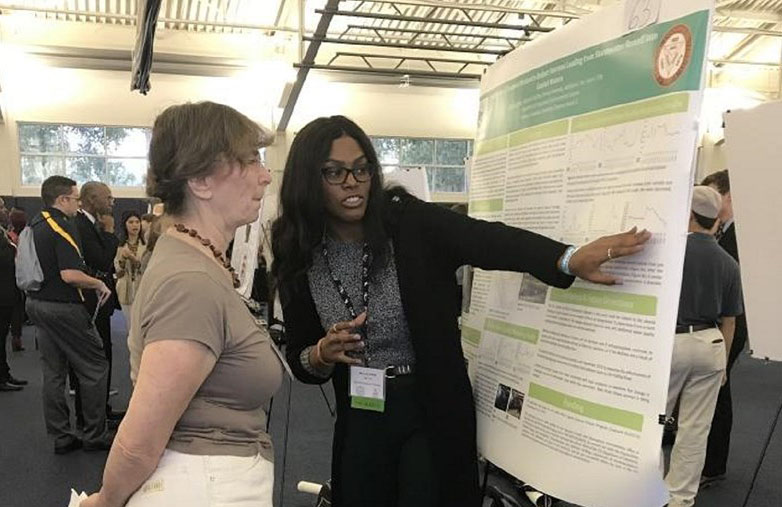NCCOS is hosting eight of this year’s fourteen NOAA Experiential Research & Training Opportunities (NERTO) interns from the Center for Coastal and Marine Ecosystems (CCME). CCME is led by Florida A&M University and is one of four educational Cooperative Science Centers funded under NOAA’s Educational Partnership Program with Minority Serving Institutions.
The NERTO internship gives postsecondary students, particularly from underrepresented communities, the chance to learn about NOAA’s mission and workforce opportunities by interning for at least 12 consecutive weeks in a NOAA lab or office. The goal is to augment students’ academic research with hands-on NOAA science and policy work.
The internship is available to students enrolled at institutions affiliated with NOAA Cooperative Science Centers (CSCs). Since their inception in 2001, the primary goal of the CSCs has been to increase the number of students who attend CSC institutions and graduate with degrees in science, technology, engineering, mathematics, and natural resource management and policy. These graduates will be diverse and well-trained candidates for the future NOAA workforce and NOAA mission–related enterprises.
Learn more about NCCOS’s 2021 NERTO interns and their projects below:
Magarette Bayrón-Arcelay
Margarette is pursuing her doctoral degree at Florida A&M University. She will use benthic foraminifera (single-celled organisms with shells) in Gulf of Mexico estuaries to monitor coastal pollution in the region. Pollution has a negative effect on foraminifera size, abundance, diversity, and taxonomic composition. Margarette’s goal is to understand and compare the effects of seasonal water quality conditions on Gulf of Mexico estuaries. Jeff Guyon will serve as her mentor.
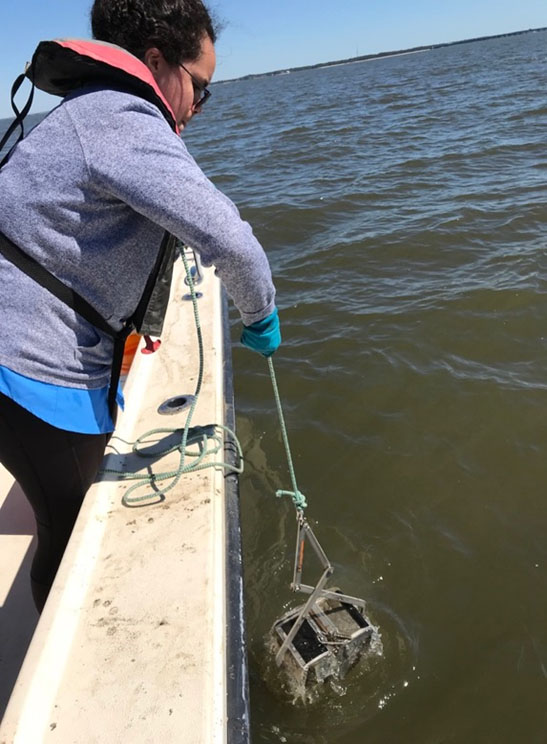
Jeanna Dampier
Jeanna is pursuing her doctoral degree at Jackson State University. She will assess the physical, chemical, and climatic characteristics of water in Grand Bay, Alabama. Her research will enhance the current state of knowledge on harmful algal blooms in Grand Bay, in turn supporting efforts to manage fisheries in the region. After completing her Ph.D., Jeanna aspires to teach environmental science to young minds. Dennis Apeti will serve as her mentor.
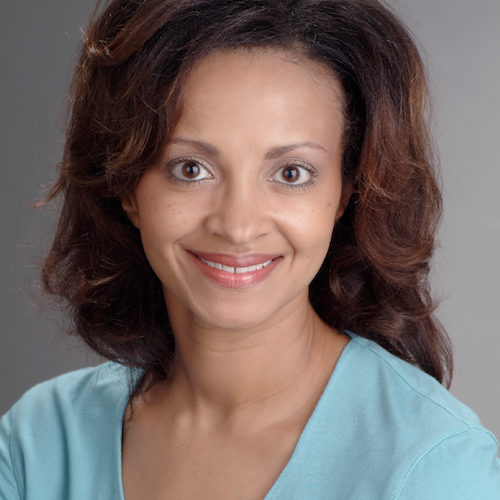
Elizabeth Harris
Elizabeth is pursuing her Master’s degree at Texas A&M University-Corpus Christi. She will evaluate the utility of a novel chemical spill response tool (field deployed mesocosms) in the Gulf of Mexico. Elizabeth will test the efficacy of the field deployed mesocosm design for assessing fish and shrimp survival in nearshore areas. The results of the study will be used to develop assessment protocols that are ready to implement in the event of oil or other chemical spills, thus reducing response time and potential loss of information during the immediate aftermath of spills. Marie DeLorenzo will serve as her mentor.
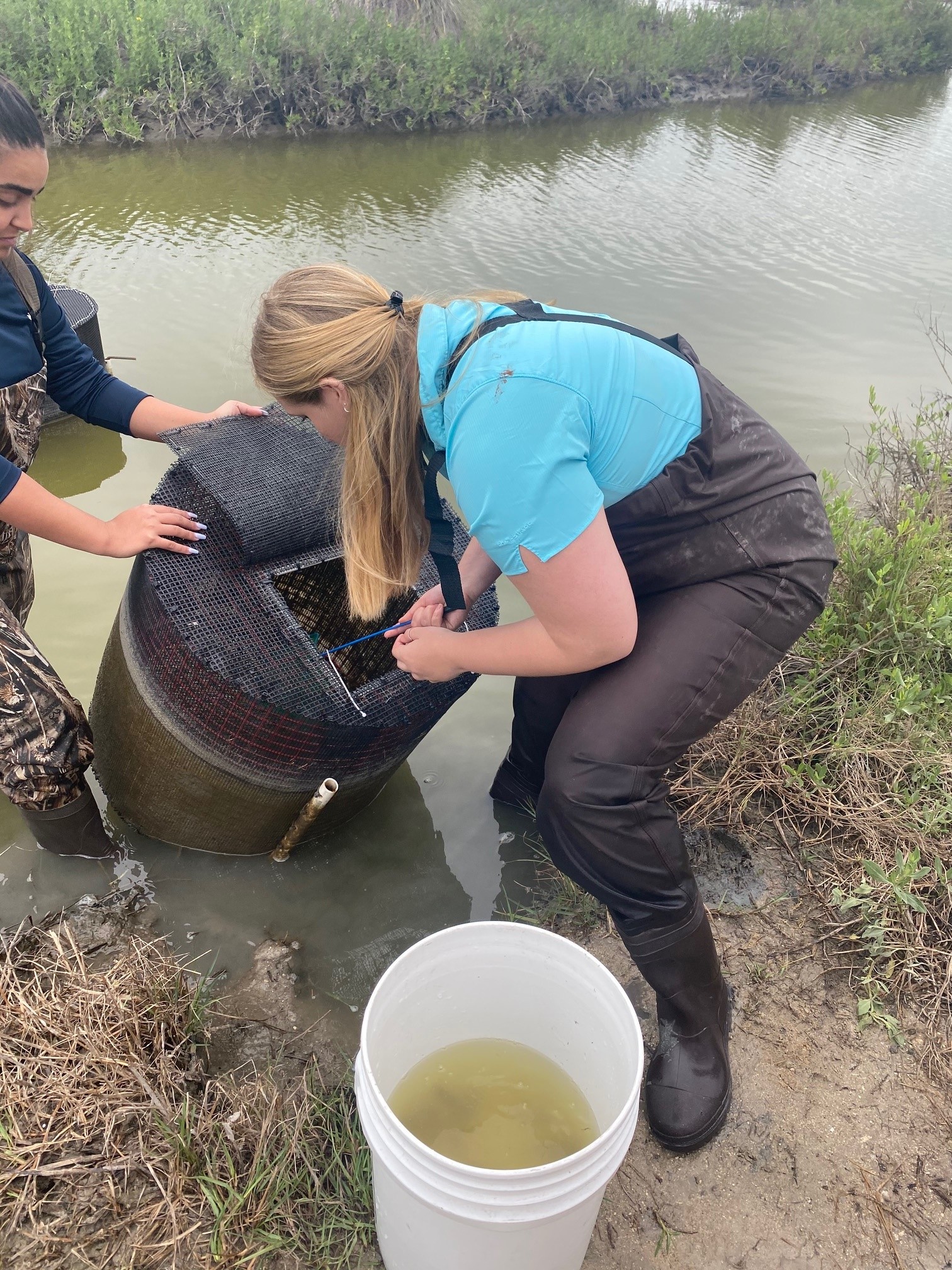
Victoria Salinas
Victoria is pursuing her Master’s degree at the University of Texas Rio Grande Valley (UTRGV). She will collect samples of black corals from the Texas Clipper artificial reef for coral aquaculture. Victoria will design and build a life support system for captive propagation at the UTRGV Port Isabel Laboratory to identify the conditions needed to maintain coral health and achieve efficient operation of the aquarium system. She will also use the aquaculture system to determine the survival rate and growth characteristics of the corals collected, which will help inform coral conservation and rehabilitation efforts. Cheryl Woodley will serve as her mentor.
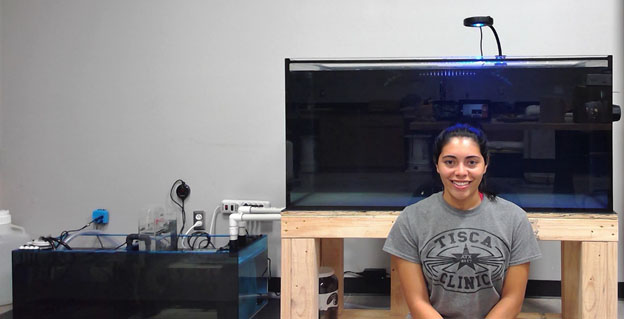
Liyah Smith
Liyah is pursuing her Master’s degree at Florida A&M University. She will use culture-independent laboratory techniques, next-generation DNA sequencing, and bioinformatics to characterize the microbiota of shrimp digestive tissue and eDNA samples (eDNA is DNA collected from the environment, rather than from an individual organism). Liyah also aims to build a genomic library of marker gene sequences for benthic fauna analysis. Data from the project will be used to assess the study area’s overall biodiversity, a metric that can help inform environmental conservation efforts. Jeff Guyon will serve as her mentor.

Lily Walker and Anthony Lima
Lily and Anthony are both pursuing doctoral degrees at Texas A&M University-Corpus Christi. They will investigate the ecosystem services provided by oysters in two Texas estuaries, Copano Bay and Matagorda Bay. Lily and Anthony will assess eutrophication status in the bays, then estimate potential oyster production at oyster farms within each bay and potential nitrogen removal associated with cultivation. Nitrogen removal will be compared to nitrogen inputs to assess the potential oyster related contribution to nutrient management. The results from the Texas estuaries will be compared to each other and to results from other geographies where this method has been applied. The intent is to add to the body of work on the bioextractive capability of oysters to support development of oyster-related nutrient best management practices. Suzanne Bricker will serve as their mentor.
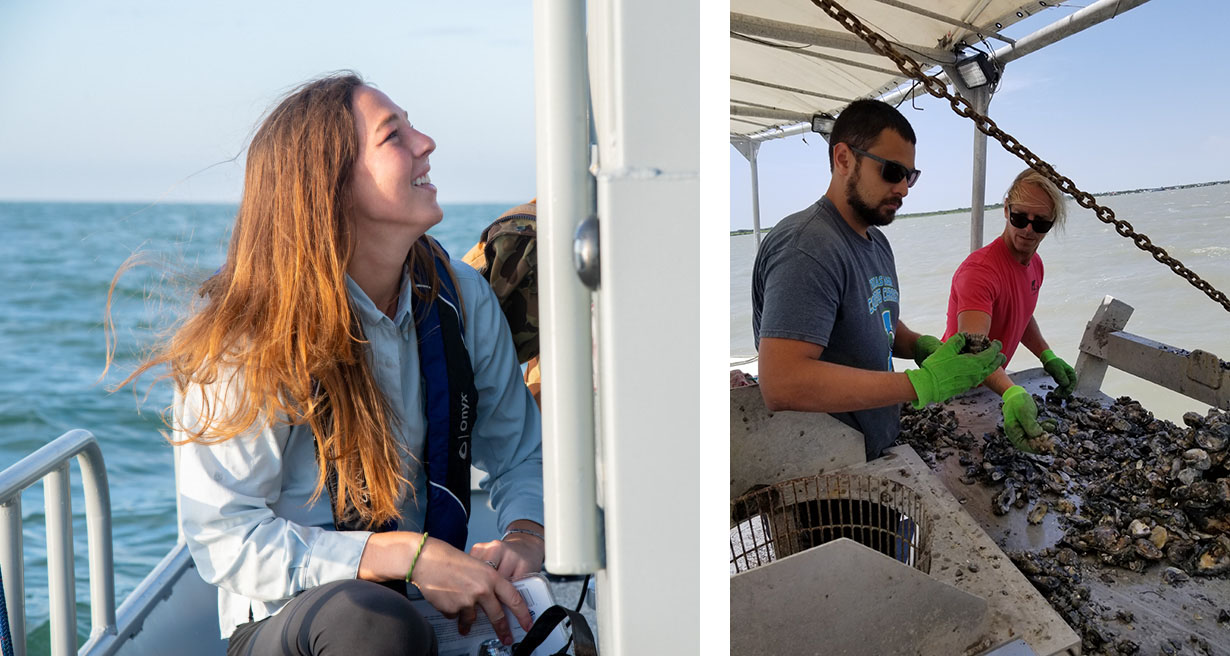
Miranda White
Miranda is pursuing her Master’s degree at Bethune-Cookman University. She will work on research activities related to sea level rise and storm surge impacts in the Gulf of Mexico. Miranda will evaluate modeling data provided by the NCCOS Effects of Sea Level Rise project and use the information to create online data visualizations with accompanying narratives. The resulting interactive webpages will help project partners and the larger Gulf of Mexico community better understand the localized economic impacts from sea level rise and storm surge. Christine Buckel will serve as her mentor.
